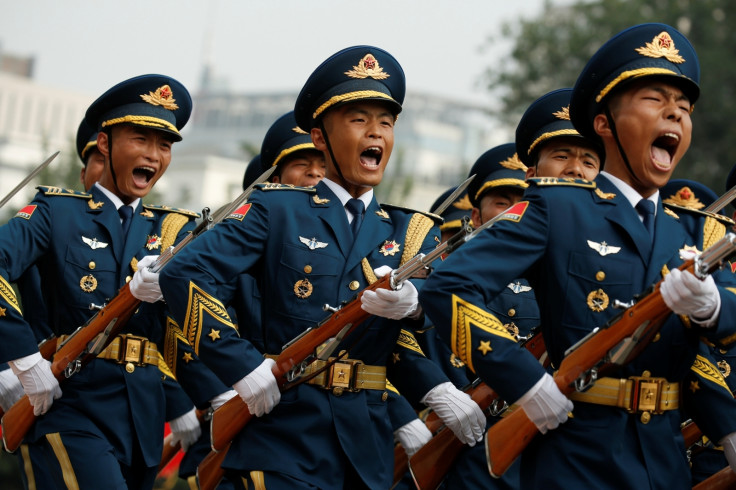Is China taking a leaf out of North Korea's book to tweak its constitution and remove the two-term limit?
Chinese state media and foreign ministry rallies behind the proposal that president's two-term restriction will soon be removed.
The Chinese communist party's proposal to remove the two-term limit for the president and vice president has brought some stark comparisons with some social media users expressing concern that Beijing is following the part of neighbouring North Korea.
"Argh, we're going to become North Korea," wrote one user on Weibo, the Chinese social media equivalent of Twitter. Another wrote: "We're following the example of our neighbour."
Not so surprisingly, such posts critical of the communist government have been removed by the country's powerful censors, notoriously known for blocking any kind of disparaging information floating in cyberspace.
The Chinese internet police also blocked the search term "two-term limit" late on Sunday, 25 February, according to Reuters, in order to limit the impact of the latest proposal which would technically allow President Xi Jinping to retain his office indefinitely though his term ends in 2023. Other articles critical of the move have also been removed from social media.
Beijing's official news agency Xinhua carried a brief news report on Sunday, which said that the party has proposed the removal of a constitutional clause, which restricts a president to hold only two consecutive terms. It was a sweeping change in the constitution and will also require an approval from the rubber-stamp parliament.
But, on Monday, the Chinese government machinery quickly swung into action defending its move. Multiple state-run mouthpieces such as Xinhua, People's Daily and Global Times ran editorials lauding the step and the government's efforts of the recent past.
"The broad part of officials and the masses say that they hoped this constitutional reform is passed," read a piece in the People's Daily.
Strangely, the Chinese foreign ministry also added weight to the discussion saying such constitutional reforms had the backing of the Chinese people. "I hope everyone can acknowledge the voice of all the Chinese people," said the ministry's spokesman Lu Kang during a regular briefing pushing back against critics.
Xi, 64, was elected again as the party chief in October 2017, allowing him a second five-year term. That in itself was a sharp elevation, placing him on par with China's most powerful leaders of the past, Mao Zedong and Deng Xiaoping. He is expected to be formally elected to the second term of his presidency in early March by the parliament.























